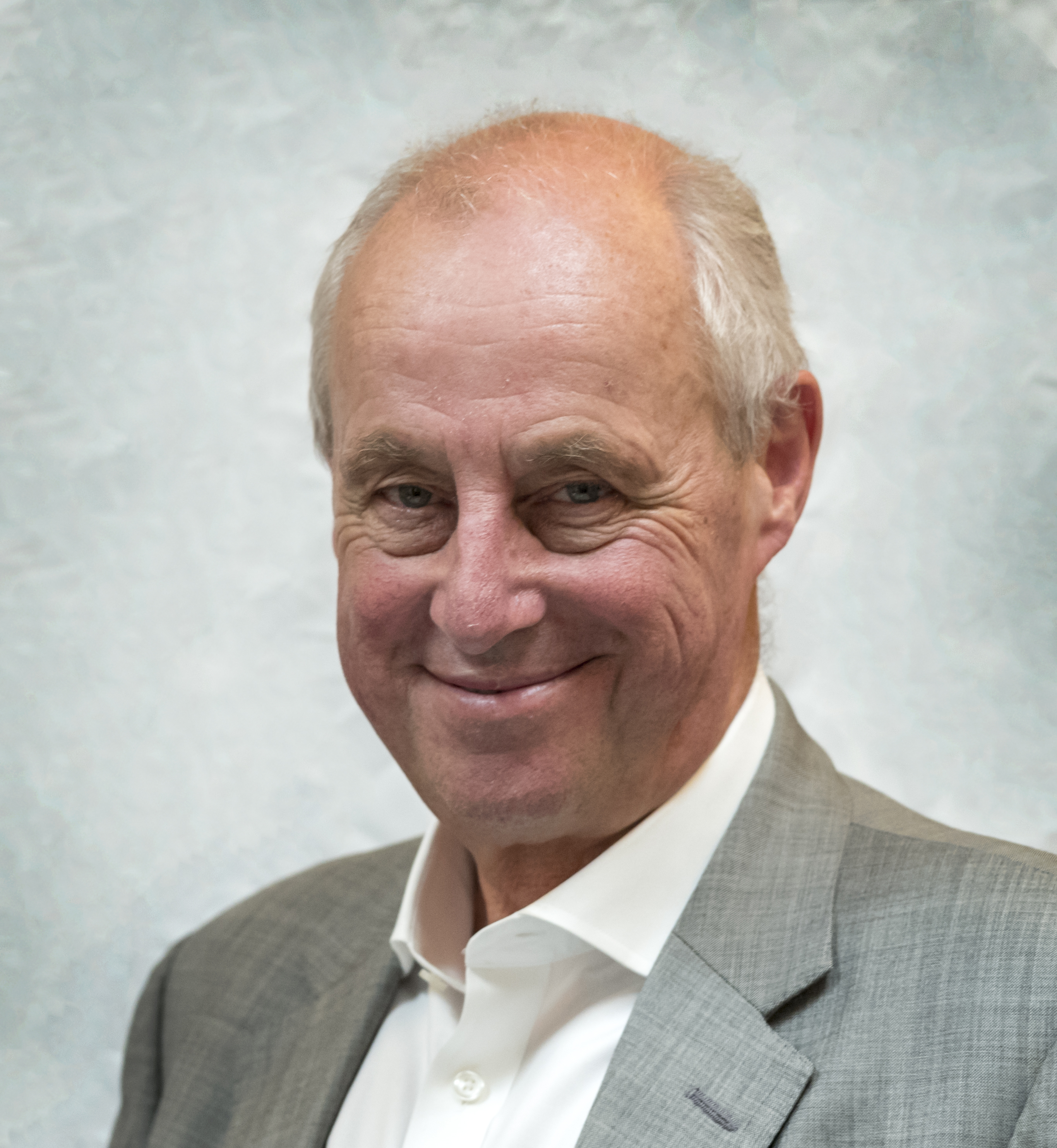With the world’s three most populous countries aligning with Nuclear, now is the time to unite to secure its future.
Five years on from the Paris Accord it has become fashionable for countries to commit to net zero. Setting apparently tough long term targets offer governments a tempting chance to claim green credentials.
Few politicians can resist this and most of these targets are undeniably a small step in the right direction. Nevertheless their value is very limited unless they are backed up by explicit policies to achieve them within a specific timeframe.
A dramatic and immediate acceleration in the pace of emissions cuts is needed to prevent a disastrous rise of 2C or more in average global surface temperatures. Despite the great threat that a rise of this magnitude poses for the welfare, and possibly even the survival, of the human species not a single country has yet put forward a credible programme to reach net zero.
This is therefore the perfect time for the nuclear industry to trumpet more loudly how it can help to bring net zero within reach. During the seven decades of almost uninterrupted economic growth enjoyed by the developed world before the Covid driven slump of 2020 only two countries have ever reduced carbon emissions at the speed at which every country must start doing by 2030.
In the wake of the mid-1970s oil crisis, long before climate change had been identified as a threat, France and Sweden acted swiftly to protect their energy security by cutting dependence on imported oil. Both did so by a very rapid expansion of nuclear energy capacity.
So, as we look ahead to COP26 in the autumn, recognition of the essential role which nuclear can play in decarbonising the world's electricity generation industry is overdue. In much of Asia, the Middle East as well as East and Central Europe this role is already well understood.
By contrast the West remains perplexingly ambivalent about nuclear. Although the European Union's commitment to net zero is admirable, and its planned pathway towards this challenging goal is significantly more credible than that of most countries, the EU Taxonomy's cautious language about nuclear differs starkly from its unquestioning enthusiasm for alternative low carbon energy sources.
The impressive expansion of renewable energy, helped by a big fall in its cost, is wholly welcome. Unfortunately this success has raised unrealistic expectations about the possibility that fossil fuels can be completely replaced by intermittent renewables. The German Greens are the latest political group to call for a 100% switch to renewable energy.
These expectations are reflected in the latest International Energy Agency's Sustainable Development Scenario and in its Net Zero Emissions by 2050 case, both of which show renewables growing ten times faster than nuclear.
This is a high risk approach. The need for a reliable supply of continuously available electricity is increasing as surface transport swiftly becomes electrified - probably with help from hydrogen - and as the use of electricity intensive data processing technologies continues to grow rapidly.
Without a massive expansion in electricity storage capacity and a huge fall in the cost of long term storage intermittent energy sources cannot guarantee the availability of dispatchable power 24 hours a day 365 days a year.
A recent study by the New Nuclear Watch Institute showed how the system costs of an energy network rise quickly as its reliance on intermittent renewables increases above 50 per cent. The UK Department of Business, Energy and Industrial Strategy believes these costs add between 40% and 90% to the cost of electricity generated by solar and offshore wind, bringing them broadly into line with nuclear.
NNWI's report also concluded that investing in nuclear is the fastest and most efficient way to cut emissions. For reasons of both cost and speed therefore, as well as of energy security, the role of nuclear is critical.
As it becomes clear that emissions must fall sooner rather than later the time when new low carbon capacity comes on stream is another key factor. Big projects cannot be switched on overnight even when they use proven technologies. For new nuclear reactors to contribute significantly to cutting emissions by 2030 investment approvals must be given in the next couple of years.
All this gives particular importance to the United States where the arrival of the Biden administration thankfully means that climate change will stop being neglected by the Federal government. At the time of writing the signs are encouraging - not least because support for nuclear energy is one of the few policies on which Republicans in the Senate may be prepared to adopt a bipartisan stance.
Unlike some of the more radical Democrats in Congress the new President envisages nuclear as part of the route to his goal of carbon free electricity by 2035. In addition to building new capacity it will also be important to extend the life of existing nuclear plants. This was identified in 2019 by the IEA as the most cost effective way to cut emissions from electricity generation.
With the US, China and India all backing nuclear the industry will enjoy the support of the world's three most populous countries, accounting for one third of the human race and over 40% of global GDP.
This provides a brighter background for the industry than at any time this century and other countries may be tempted to follow suit. In the UK Prime Minister Johnson recently confirmed his support for nuclear to be part of his vision of a green industrial revolution.
These are encouraging omens but before the hearts and minds of policy makers have been completely won over two other hurdles must be jumped. The first concerns the enthusiastic advocates for a new generation of small and advanced reactors.
Hopes for these are justifiably high and their development should definitely be supported. However there is no certainty yet about the timetable for their commercial deployment and it is extremely unlikely any will be in production before the end of the 2020s. We simply cannot wait until then to find out if these emerging technologies are capable of accelerating emissions reductions.
The second hurdle is for governments to accept that a condition precedent for cutting the high capital cost of nuclear reactors is to choose one design and stick to it. Successive UK governments have signally failed to do this in the past. Maybe they will be persuaded if EDF is allowed to go ahead with Sizewell C and demonstrate how much cheaper it is than Hinkley Point.
The World Nuclear Association Harmony Programme envisages 25% of electricity being produced by nuclear before 2050. This will require 1000GW of new nuclear capacity. That is big enough to enable vendors from Russia, China and South Korea to prosper alongside their European and American counterparts
National pride should not stand in the way of greater efficiency and lower costs. Suspicions about the risks of using Russian or Chinese nuclear designs could be allayed if operational control of all plants rested with the host government in the countries where they are built.
It is clear that if the threat of dangerous irreversible climate change is to be averted there is no time to lose. Complete decarbonisation of the energy industry must be achieved as soon as possible. That requires a big contribution from nuclear as well as from renewables.
Our industry now faces a moment of historic opportunity. We must work together to seize it.
. . . . .
The article has first appeared in Nuclear Future, the Nuclear Institute’s member magazine, January/February 2021 edition.








